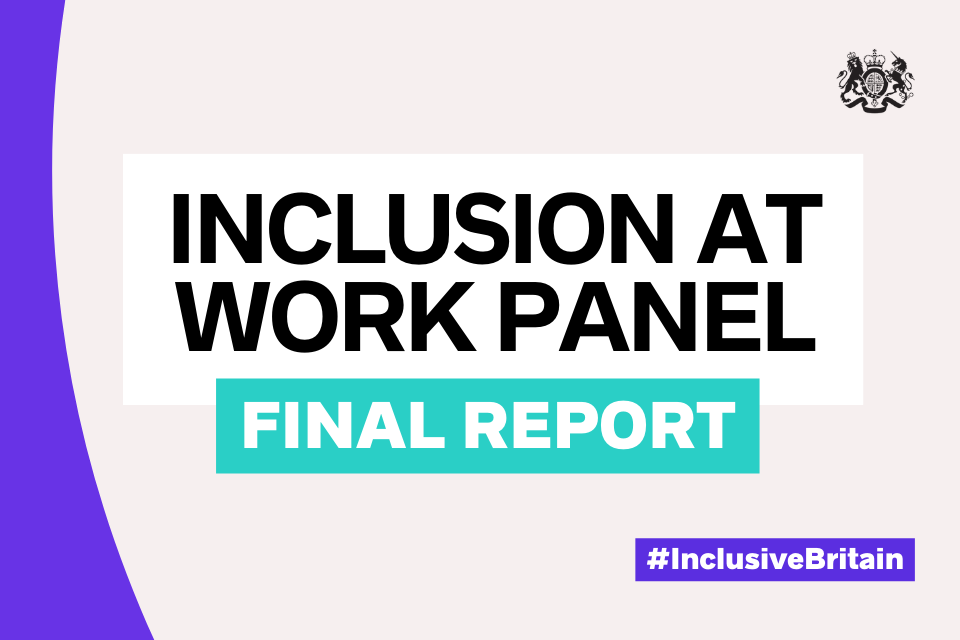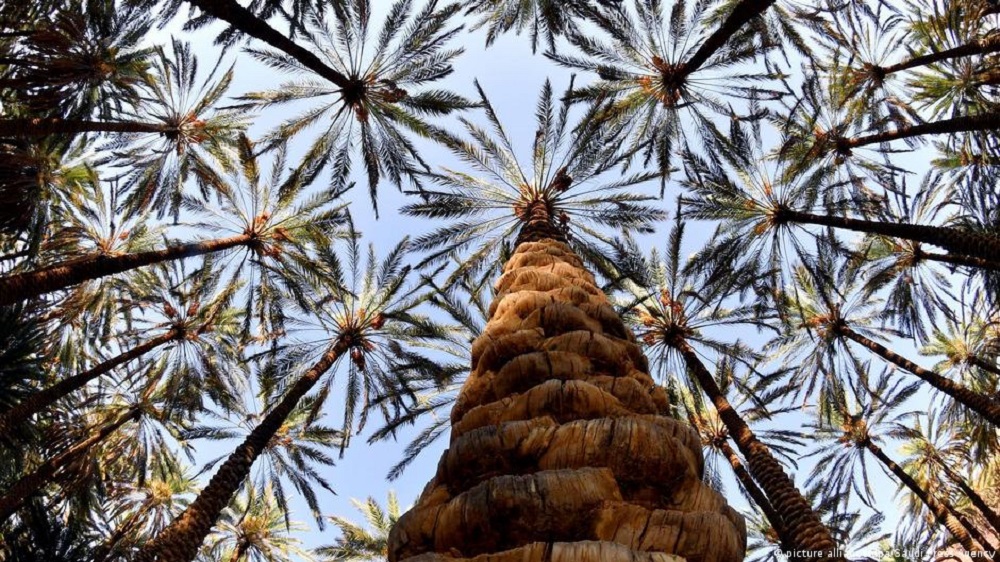Today is hot and sunny as usual at the end of October in Saudi Arabia. The German ambassador to the Kingdom, Dieter Lammle, and Dalia Samra Rohti, the German economy delegates to Saudi Arabia, Bahrain and Yemen, are in Bodecker Park in Riyadh. With shovels in hand, they prepare to dig a hole deep enough to plant a young tree, more precisely, a specimen of ‘Ziziphus Spina Christi’, ‘crown of thorns’. Problem: The factory will not be able to do this on its own. In order to grow, she depends on the helping hand of people.
This is exactly what Saudi Arabia wants to do most intensely now: help protect the environment. For example, the government plans to plant another seven and a half million trees in Riyadh and 450 million trees across the country.
In fact, Saudi Arabia has launched a massive environmental program in recent years. This also included a Kingdom-sponsored regional environmental conference in the run-up to the Glasgow Climate Summit (COP26). On that, Crown Prince Mohammed bin Salman (MBS) announced a plan for “zero” greenhouse gas emissions by 2060 as a pillar of the new “Saudi Green Initiative.” At the same time, another regional initiative called the “Green Middle East Initiative” was launched.
The kingdom is also leading efforts towards a “circular carbon economy,” or CCE for short. Their goal: to capture and store emissions. A total of about 200 million tons of carbon emissions will be filtered from the atmosphere through “reduce, reuse, recycle and remove,” the announcement said.
More than just a PR strategy
Political scientist Tobias Zumbragel, who conducts research at the Bonn Center for Applied Research in Partnership with East (CARPO), says he does not share his concerns that the program could be essentially a public relations strategy. In a conversation with DW, Zumbrägel said: “I am convinced that what we have heard now from Saudi Arabia and what has emerged in recent years does not deserve to be called ‘Greenwashing.’ The turnarounds are more than a purely PR strategy.” “It is more about expanding political space and economic interests.”
Indeed, Saudi Arabia faces economic and political challenges: global oil prices are volatile, and international pressure for climate neutrality has increased dramatically since the 2015 Paris Agreement.
Karim al-Jundi also believes that the Saudi program is double-edged. He is a researcher at London’s Chatham House think tank and founder of Carbon, an initiative to promote sustainability in cities in the MENA region, which includes countries in North Africa and the Middle East. “Saudi Arabia’s climate commitments depend on the country’s ability to maintain its exports of fossil fuels,” Al-Jundi said in an opinion article on Al Jazeera Online.
Environmental protection despite the export of oil?
Saudi Arabia’s Energy Minister, Prince Abdulaziz bin Salman, recently emphasized how important these exports are. He is the brother of Crown Prince Mohammed bin Salman Al Saud. “The kingdom’s economic growth is driven by the export of energy sources. This is not a state secret,” Abdulaziz bin Salman said at the Saudi Green Initiative forum in Riyadh.
The facts point in the same direction: National oil company Saudi Aramco was just announced as the world’s most profitable company in the third quarter of this year — ahead of Google, Amazon and energy companies like ExxonMobil and Shell. But at the same time, Saudi Aramco leaves a massive carbon footprint.
The numbers published by the company itself are already high. But as Bloomberg Business News reported, the Saudi oil giant did not include all emissions from refineries and petrochemical plants. According to Bloomberg, adding all of these assets could add up to 55 million tons to Aramco’s carbon footprint, nearly doubling the company’s carbon footprint.
In addition, a few days before the new strategy, it became known that Aramco will increase the volume of crude oil production from twelve to 13 million barrels per day by 2027 – to the horror of environmentalists who claim the opposite. At the same time, Aramco sees itself on the way to becoming CO2 neutral, but without giving details of that goal.
first initiatives
However, Saudi Arabia, which has a population of about 35 million, has been pushing for more sustainability for some time. The first initiatives were launched during the reign of King Abdullah bin Abdulaziz Al Saud in 2010. At that time, he indicated that the consumer-oriented lifestyle could not continue indefinitely.
However, at the time, there were still many political blocs within the royal family, as Bonn political dialogue Zumbrägel says: “Among them were some hardliners who declared that they did not believe in climate change.” When King Abdullah died in 2015, initially there was no longer talk of environmental initiatives.
The situation today is different: important members of the royal family support new initiatives as well as social reforms in general. “Sustainability is now a concern of the royal family,” said Tobias Szombragel.
The new commitment has implications for the entire region: Crown Prince Mohammed bin Salman’s initiative and participation in the COP26 climate summit in Glasgow turned concerns about environmental protection into real competition, especially between Saudi Arabia and the United Arab Emirates. Outside.
Review from Joe Biden
However, the climate conference in Saudi Arabia got off to a rough start. At the recent G-20 summit in Rome, US President Joe Biden indirectly criticized Saudi Arabia’s environmental protection policy. “More needs to be done. But to do that, we must continue to focus on what China isn’t doing, what Russia isn’t doing, and what Saudi Arabia isn’t doing,” Biden said at a press conference at the end of the G-20. summit. This ended shortly before the start of the World Climate Conference in Glasgow.
At the same time, it was leaked that the Saudi side apparently tried to change an appeal from the Intergovernmental Panel on Climate Change, where the committee calls for an active phase-out of the use of fossil fuels – the essential work of the Saudis. So far, Saudi Arabia has not yet commented on the relevant post.
Take care of the water
“For the Saudis, none of this is a contradiction in terms: You can export oil in the long run, but you clean everything up,” Zumbrägel says. It is assumed that there will be a number of new mega projects in the field of renewable energies in Saudi Arabia in the next few years. It also includes the city of NEOM which is a test tube – an environmental protection project. The main problem of the desert state: the lack of fresh water. Therefore, work is underway to increase the efficiency of the treatment and desalination plants for sea water.
The newly planted seedlings in the Riyadh garden are sure to benefit from this. Because one thing is already certain: A huge amount of water will be needed to irrigate the 450 million new trees that Saudi Arabia wants to use to green itself.
Jennifer Hollis
© Deutsche Welle 2021
Quoted from: Kirsten Knepp.
Read also
Environmental degradation in Indonesia: Biodiesel – destroying primeval forests for the sake of the climate
Eco-Islam in Indonesia: Fighting the rise of plastic waste
Islam, Nature and Sustainability: “The environmental crisis is also a spiritual crisis”

“Alcohol buff. Troublemaker. Introvert. Student. Social media lover. Web ninja. Bacon fan. Reader.”





More Stories
The new report seeks to end ineffective business EDI practices
An American company wins the Omagari Fireworks Festival
Pun: What is the funniest brand name in the UK?